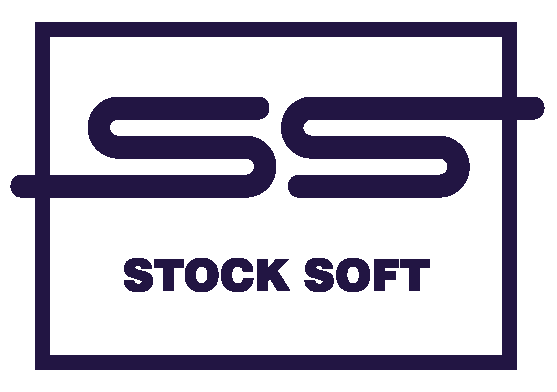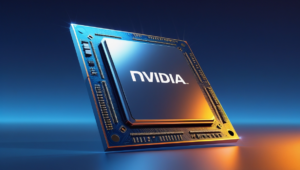Chinese companies are trying to purchase Nvidia’s (NVDA.O) H20 artificial intelligence chips, two sources told Reuters. This follows the company’s announcement of plans to resume sales in mainland China — just days after its CEO met with U.S. President Donald Trump.
Nvidia’s AI chips have been a key target of U.S. export controls aimed at preventing advanced technology from reaching China due to national security concerns. The U.S.-listed company said the restrictions could reduce its revenue by $15 billion.
The world’s most valuable company has already submitted applications to the U.S. government to resume shipments of the H20 GPU to China and expects to receive the necessary licenses soon, Nvidia said.
“The U.S. government has assured Nvidia that licenses will be granted, and the company hopes to begin shipments soon,” the company said. CEO Jensen Huang is currently in Beijing and is scheduled to speak at an event on Wednesday.
The White House, which had previously voiced concerns about Chinese military use of AI chips for weapons development, did not comment on Reuters' request.
According to the sources, Chinese firms have already begun placing orders for chips, which Nvidia will then submit to the U.S. government for approval. Among the buyers are internet giants ByteDance and Tencent (0700.HK), who are currently submitting applications.
A key component in this process is a so-called “white list” — a list of Chinese firms compiled by Nvidia that may register for potential chip purchases, one source said.
ByteDance and Tencent did not respond to requests for comment. Nvidia also declined to comment on the existence of the “white list.”
The company, which had previously criticized the Trump administration’s export restrictions introduced in April (which blocked H20 sales to China), also announced a new chip model adapted to comply with Chinese regulatory requirements.
On Wednesday, Huang will host a press briefing in Beijing during his visit to a supply chain expo. He previously visited China in April and emphasized the importance of the Chinese market for Nvidia.
“The Chinese market is vast, dynamic, innovative, and home to many AI researchers,” Huang said on Tuesday on China’s state broadcaster CCTV.
“It is extremely important for American companies to be present in this market.”
Following the news, Nvidia shares rose 5% in pre-market trading. Shares of its competitor AMD (AMD.O), which expects to lose $1.5 billion in revenue this year due to U.S. export restrictions on China, also rose more than 3%.
“This is a major driver for Nvidia’s stock growth, as many investors had stopped expecting meaningful profits from China,” said Matt Britzman, equity analyst at Hargreaves Lansdown.
At a daily briefing, China’s Foreign Ministry, responding to a question about Nvidia’s sales plans, stated:
“China opposes the politicization, weaponization, and use of science, technology, economics, and trade as tools to block and contain China.”

